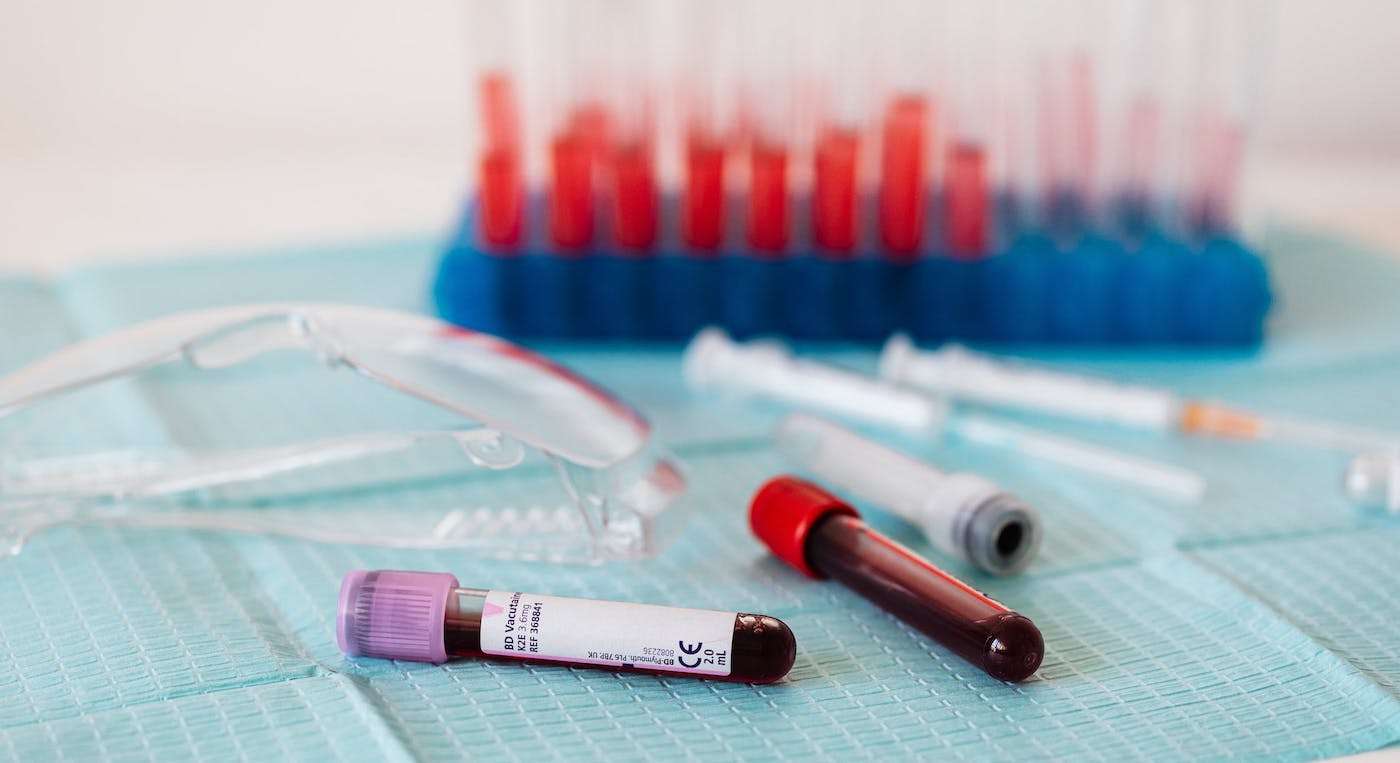Digging A Wastewater Pipe Reveals Fossil Treasure Trove of Unknown Species 3-Million-Years-Old
182 different mollusks were recorded, including the oldest known member of the genera containing the famous New Zealand flax snail.

American scientists developed a test that focuses on damage to mitochondrial DNA in the blood linked with Parkinson's disease.
Current diagnoses of Parkinson's are largely based on clinical symptoms after significant neurological damage has already occurred, and researchers hope this new test could be used to diagnose patients prior to such damage occurring.
Parkinson's is the second most common neurological disease behind Alzheimer's. The progressive disorder affects the nervous system and parts of the body controlled by nerves and afflicts around ten million people across the globe.
The study team, led by neuroscientists at the Duke University School of Medicine focused their work on DNA damage in mitochondria.
Mitochondria contain their own DNA, which can undergo damage separately from the nuclear DNA that encodes most of an organism's genome, and previous studies have shown the association between mitochondrial DNA damage and an increased risk of Parkinson's disease.
Duke University researchers have previously reported an accumulation of such DNA damage in the brain tissue of deceased Parkinson's patients, and that this was reflected in the mitochondria.
"A simple blood test would allow us to diagnose the disease earlier and start therapies sooner," said Duke University neuroscientist and senior author Dr. Laurie Sanders. "Additionally, a clear-cut diagnosis would accurately identify patients who could participate in drug studies, leading to the development of better treatments and potentially even cures."
This new test also identified high levels of the damaged DNA in the blood samples of people who carry the genetic mutation LRRK2—which has been associated with an increased risk of the disease and was able to detect patients with Parkinson's disease with and without LRRK2 mutations.
"This disease takes a terrible toll on people… It's important to get new, effective treatments over the finish line," said Dr. Sanders. "Our hope is that this assay could not only diagnose Parkinson's disease but also identify drugs that reverse or halt mitochondrial DNA damage and the disease process."
SHARE This Important First Step Toward Better Parkinson's Medicine…
Be the first to comment